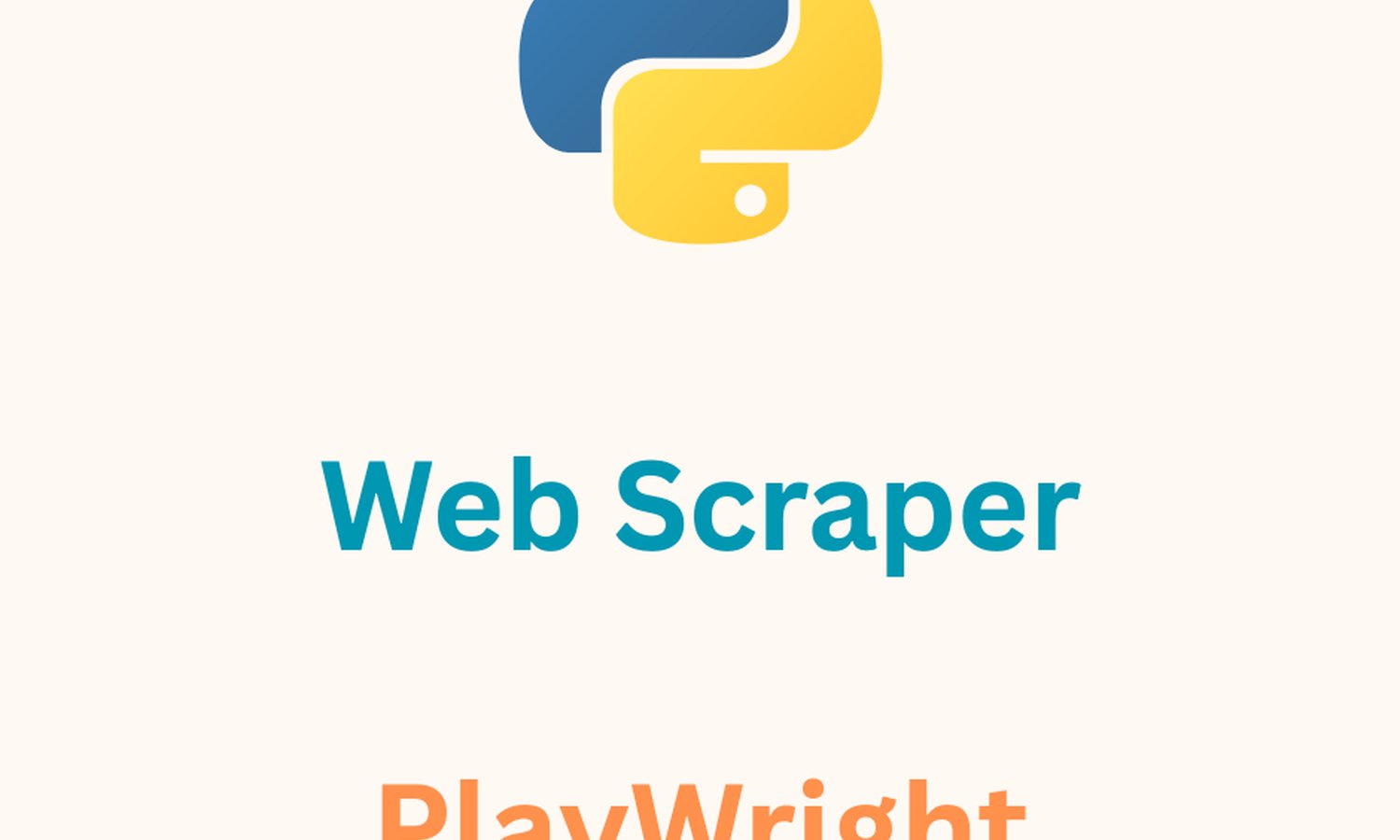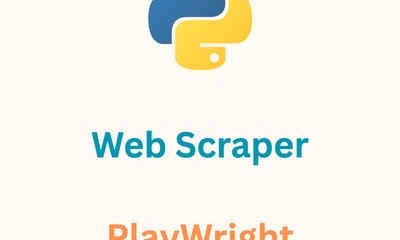By JoeVu, at: 22:19 Ngày 23 tháng 5 năm 2023
Thời gian đọc ước tính: __READING_TIME__ phút


By JoeVu, at: 22:19 Ngày 23 tháng 5 năm 2023
Thời gian đọc ước tính: __READING_TIME__ phút

